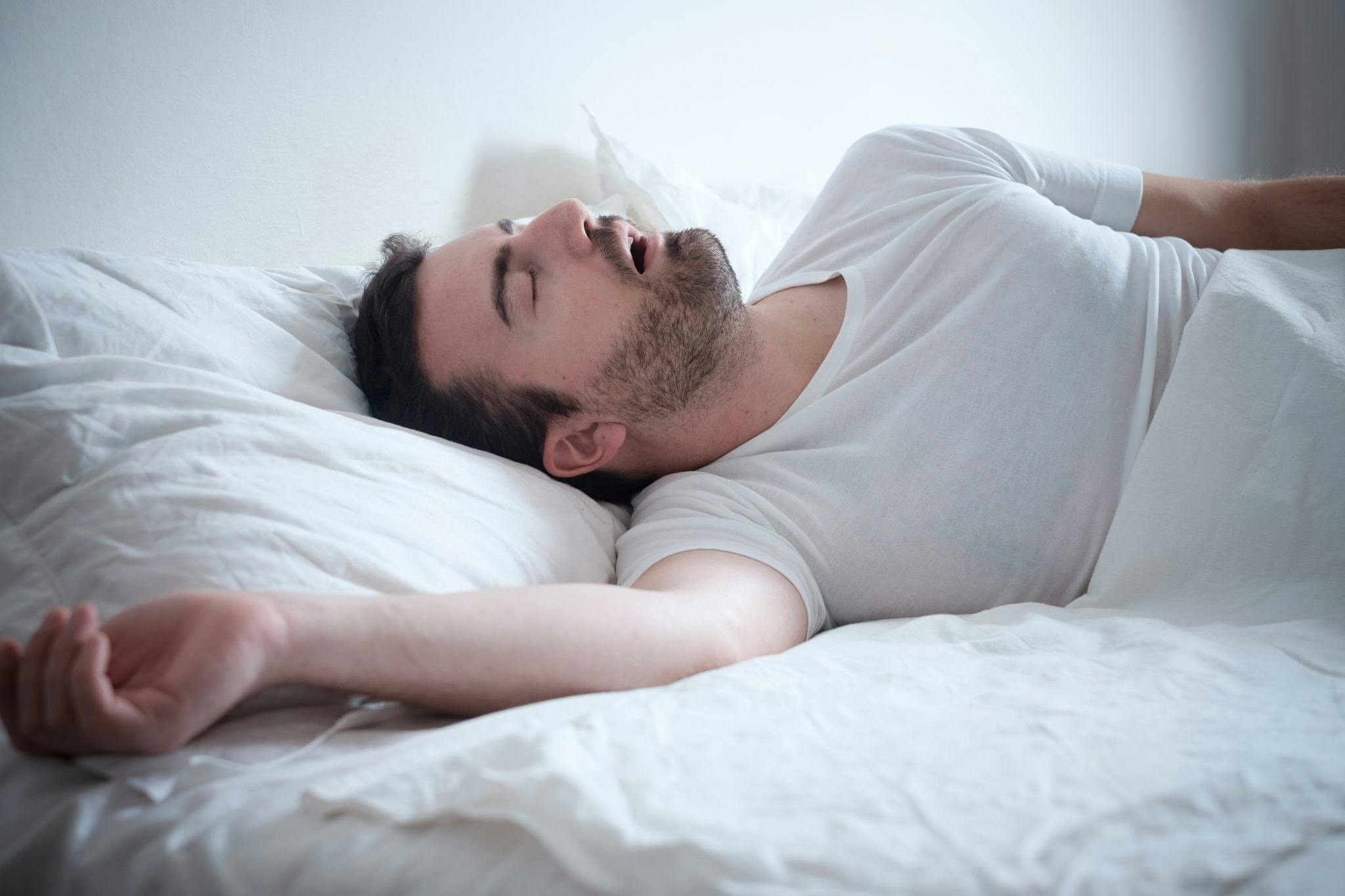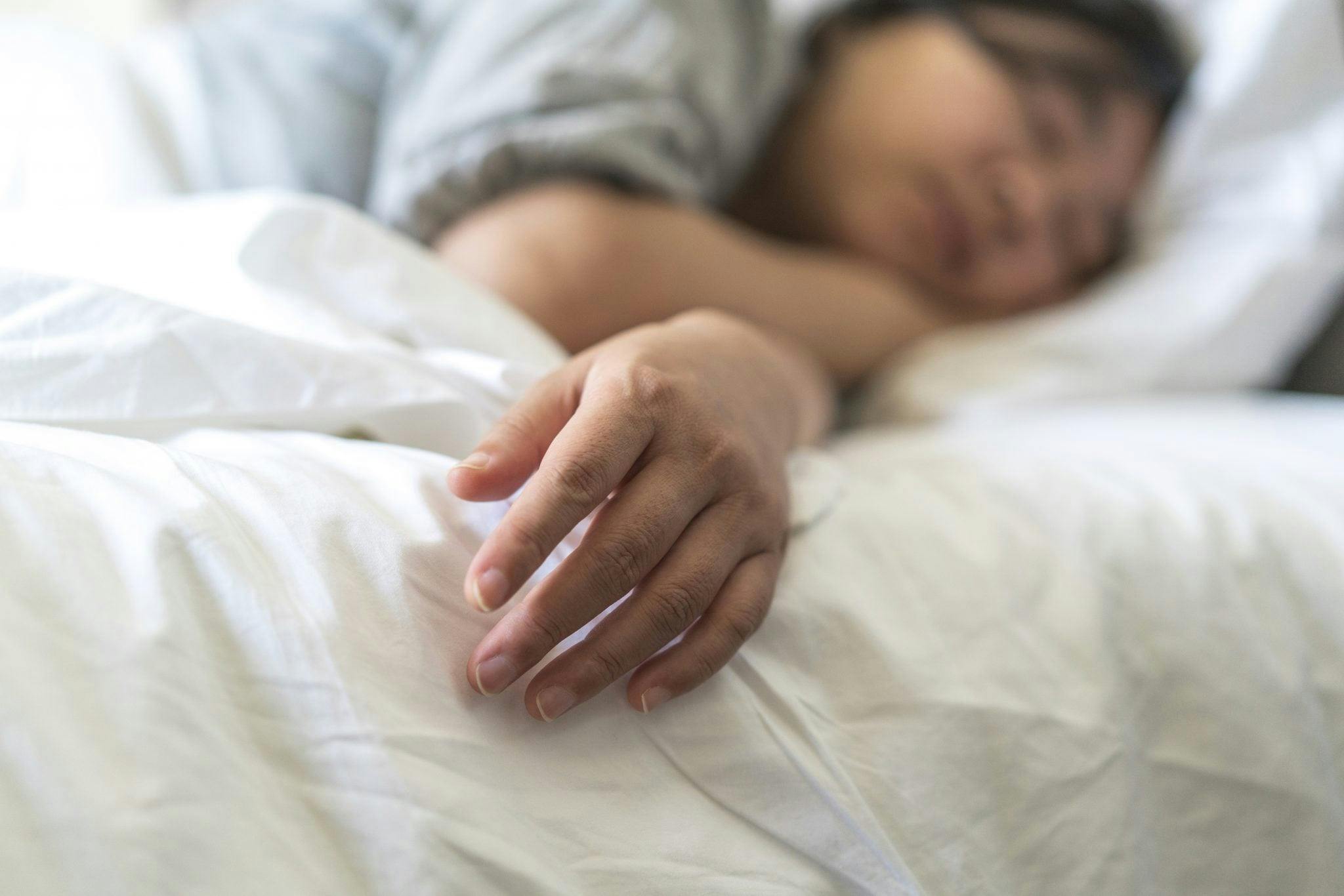
2019-07-31T10:27:27
What Can I Use as a Sleep Aid?
- Sleep Medicine
![]() Medically reviewed by John Staheli MD.
Medically reviewed by John Staheli MD.
May 3, 2023 | Sleep Medicine
Specialties:Sleep Lab • Sleep Medicine

New studies are finding that people with sleep apnea not only develop heart disease, but also develop cognitive problems due to the damage it causes in the brain. A new study by the research organization Frontiers in Sleep, showed healthy middle-aged men that were diagnosed with sleep apnea had poorer mental function and acuity in areas such as judgement, impulse control, and recognizing other people’s feelings compared to men without the disorder.
In that study, they recruited 27 men ages 35-70 who weren’t overweight but had been newly diagnosed with mild to severe obstructive sleep apnea. Seven men of similar age, body weight, and education without the condition were also included. Both groups took a series of tests. The results showed that the men with obstructive sleep apnea showed cognitive deficits that steadily increased in severity.
The Academy of Sleep Medicine estimates that a minimum of 26% of adults in the U.S. ages 30-70 have sleep apnea. They state that this is likely an underestimate due to the condition being widely undiagnosed. The condition has already been linked to issues with memory, problem solving, and information retention.
The new study also found that cognition is affected by sleep apnea even when no other underlying health conditions have been detected. The disorder is thought to affect more men than women. Until menopause, women are much less likely to develop the sleeping disorder. However, it’s prevalence in women increases drastically with age and weight.
It almost levels out between the sexes after the menopause,” said Dr. Ivana Rosenzweig, a neuropsychiatrist who heads the Sleep and Brain Plasticity Centre at Kings College in London.
It is important to recognize and treat sleep apnea early. Doctors use numerous treatments and strategies to treat sleep apnea, such as; lifestyle changes, weight loss surgery, mandibular advancement devices, implantable pacemaker-like devices that send voltage to the nerves in the tongue to push it forward, and PAP therapy. The most common therapy is the use of a continuous positive airway pressure (CPAP) machine, which keeps the airway open during sleep.
Revere Health offers several Sleep Lab and Sleep Medicine locations throughout Utah to diagnose and treat sleep apnea and other sleep-related needs. Expert staff provide everything from in-lab studies to take-home sleep studies and mask fittings to ensure patients achieve better sleep.
WRITTEN BY:
Nathan Sellers

2019-07-31T10:27:27

2019-05-14T09:35:08

2018-09-29T12:00:15

2018-09-28T12:30:07
This information is not intended to replace the advice of a medical professional. You should always consult your doctor before making decisions about your health.